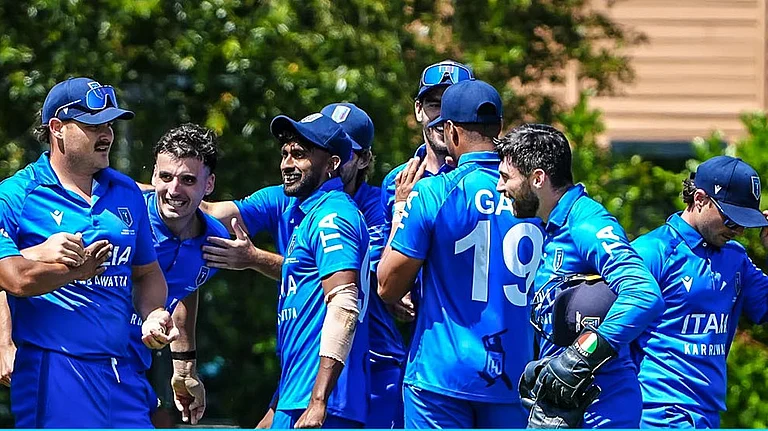In the opening pages, Prema, a young Nepali living in the US, is asked where she’s from. She tries explaining: “‘It is near India’, or ‘Where Mt Everest is’, or ‘You’ve heard of the Sherpas?’, so that they might say, ‘Geez, that’s real far’, or ‘I could have sworn you were Mexican/ Italian/Spanish’, or ‘You speak good English.’” In this efficient, endearingly familiar way, second-time novelist Manjushree Thapa introduces us to a story about displacement, self-definition and one South Asian woman’s search for fulfilment.
Prema’s story starts in a small village near Kathmandu, ascending quickly through the loss of her mother in childhood and the commonplace hardships of poverty, to a college degree in forestry, resulting in a job with an NGO. Secondary plot-lines include a younger sister who runs off with Maoist rebels when they come calling, an anaemic romance with a fellow NGO worker and a stoic, undemanding father who only wants to see her daughter go forward in her life.
One day, in a spirit of indifference, Prema signs up for the US Green Card Lottery. When she wins, her response is characteristically laconic, as if resigned to her fate. Her inner world, however, is taut with emotion and she turns her face westward with a faint quickening of hope. When she finds a lover in the US, an attractive Guatemalan, she responds with an ardour native to her own passionate nature and her mountain culture. Another kind of heroine might have capitalised on the romance to build the familiar multi-storeyed, bathos-laden Asian drama. Prema’s different. She knows her path is an “ever-directionless zigzag trail”. In the spirit of a true seeker, she exceeds the stereotype. Her strength lies in the miniature scale of her aspirations. Like a tiny field-mouse setting out to find a niche in the limitless sprawl of the North American cornfield, she succeeds by being undeterred by her smallness.
Thapa has a light touch and maintains an admirable balance between telling a story and making socio-cultural observations. I enjoyed noticing the altered perspective of someone who might be mistaken for an Indian, but isn’t. Prema’s personal life is enviably free of the guilt and family-honour-type tensions of the subcontinent. Thapa writes as if she knows what there is to enjoy about sex. In a literary ethos where authors all but compete to earn the Bad Sex award, it was a rare pleasure to read a description worthy of the opposite.






















